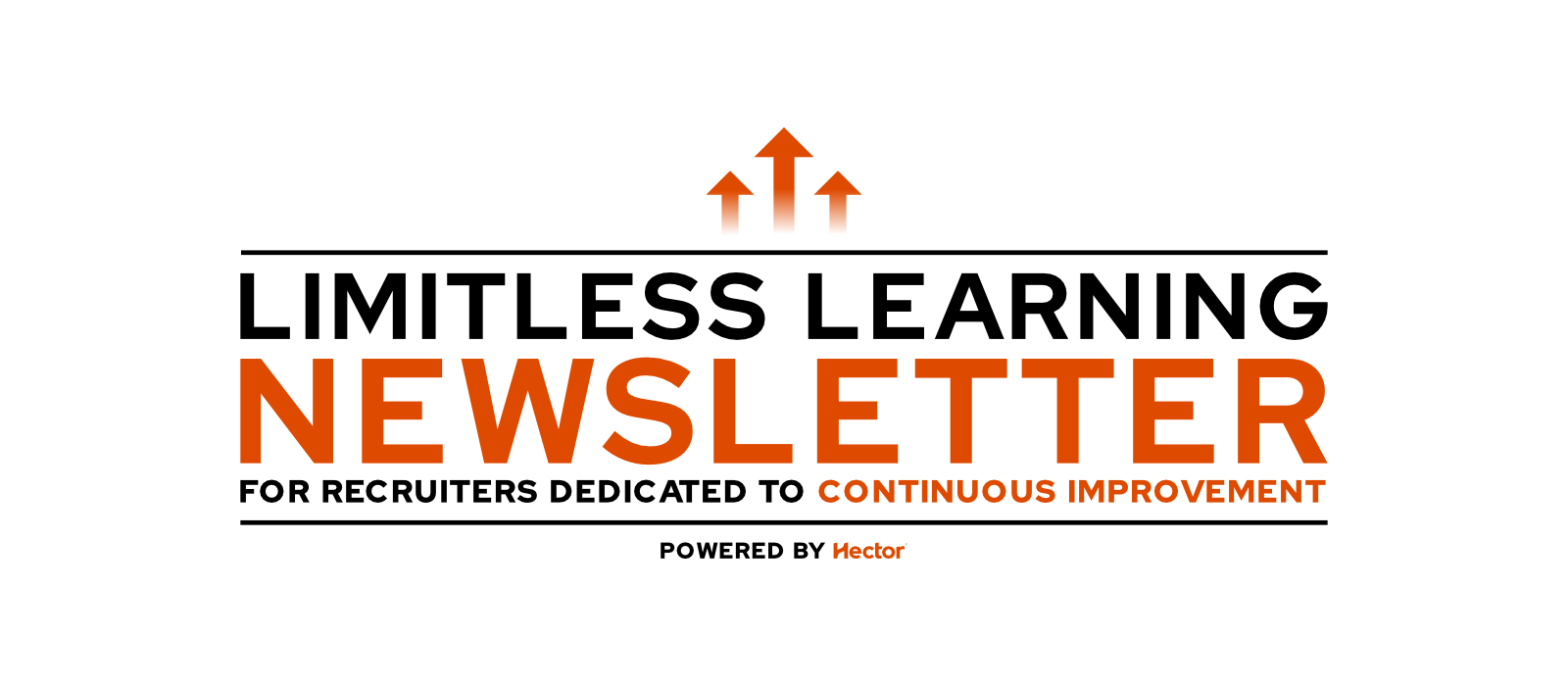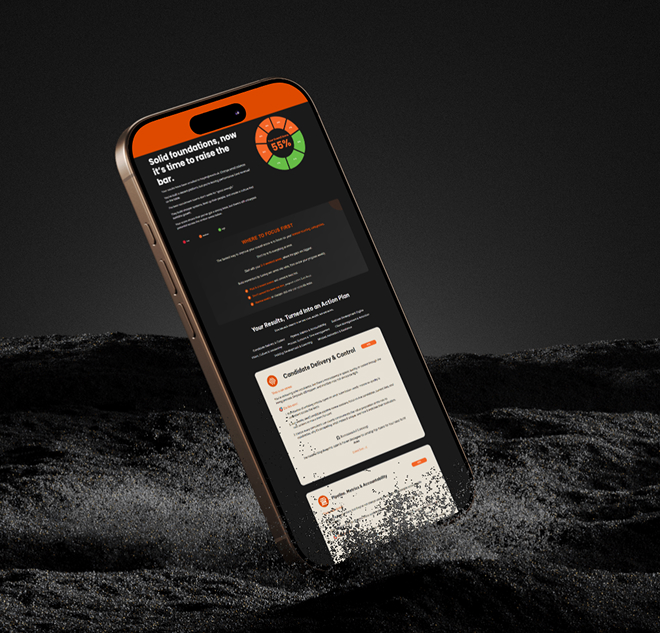The Candidate Experience | Coaching and consulting during interview | part 2 of 3
Welcome to part two of our three-part series on the candidate experience.
In our last edition, we focussed on how you can elevate your service, from adding value beyond talking about jobs through to creating a true community with your candidate network!
Today, we’re going to focus on how you can coach and consult effectively during an interview process, so you can provide the best experience and outcome for each candidate – regardless of whether you place them or not.
It’s time to stop thinking about the money…
And, before you roll your eyes – hear me out.
Sure, if we’re being really frank, as recruiters we are going to have some level of money motivation, why else would you be working for commission?
But, if that is the root of your decision-making, then you aren’t treating your candidates as humans, instead, you’re treating them as a commodity.
Candidates aren’t oblivious to this, either; hence why the industry has struggled to maintain a good reputation.
But, what if we were able to stop thinking about the money, and instead look at interacting with candidates during an interview process in an objective manner?
If you can start to do this (and stop thinking about the money) then you’ll end up billing more in the long-term, and fostering better relationships.
We spoke to a few different influential individuals in the recruitment space for their take on delivering the best candidate experience, and here were their thoughts…
“My number one tip is to Listen! There is no point in trying to talk a candidate into taking a job or going for an interview. Start the process by listening to what is driving the move and what motivates the candidate. When you truly listen, you can match the candidate to the right opportunity, and they will be happy in their new role.
If someone is not ready to move or changes their mind treat them right go back to listening to them and supporting them and maintain the relationship long term, that way they will return to you when they need you.” – Natalie Chapman
This leads us well into tip #1 – Listen
Not only will this allow you to coach and consult better (because you’ll be listening to what you need to hear instead of what you want to hear, but it will enable you to decipher very quickly if a candidate is going to take an offer or not.
If you are constantly dealing with drop-outs, then it’s time to revisit your call structure and how effectively you’re listening to and qualifying your candidates.
“Make sure you have regular, meaningful and personalised contact with them throughout the process.
Don’t just send templated interview booking emails, and have one-dimensional conversations with them.
Really get to know them, make every communication personalised and keep in touch with them every step of the way.
Send regular updates if you’re waiting on feedback, as well as weekly or fortnightly WhatsApp messages during their notice period.
A good luck text the night before their interview or before they start their new role goes a long way. Make sure you treat them like a person, not a placement” – Cherry Swayne
Tip #2: Know them personally, so you can coach them better
To coach and consult, you need to understand the inner workings of your candidates.
How do they like to communicate? What is going on in their life that may influence their decision-making?
Do they sometimes need tough love, or do they need a softer approach?
By getting to know your candidates on a personal level (again, not as a commodity) you can coach them through an interview process much more effectively.
“A candidate experience is one of the most important parts of the recruitment process, I am a firm believer that if you put the candidate first, are a good human being and make the process enjoyable you have done your job.
We always try and work on the basis of what’s important to the candidate and what will make them happy, this means you listen and act accordingly.
That’s a good service. If a candidate doesn’t get the job but comes away singing your praises you have achieved a good candidate experience’ – Rich Howell
Tip #3: If the job isn’t right for them, tell them!
Focus on what is important for the candidate, not what is important for you.
Sometimes, you’ll have situations whereby you know in your gut that an opportunity isn’t right, but there’s a voice in the back of your head convincing you that it will be “fine” – it won’t!
You have a duty of care with candidates, so always focus on the candidate’s success and giving them a good experience.
And finally, make feedback a priority.
There have been countless stories of candidates who haven’t been given adequate feedback, both from clients and recruiters.
Being left on the back burner not only leaves a sour taste in a candidates’ mouth, but it can also discourage them from applying for new opportunities.
Sometimes, that feedback may be negative, and it’s your job to deliver it in a constructive way.
If you can prioritise the above points, you’ll be equipped with the right tools to coach and consult during an interview process, whilst still putting the candidate’s experience at the forefront of your mind!


